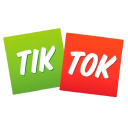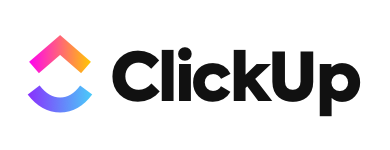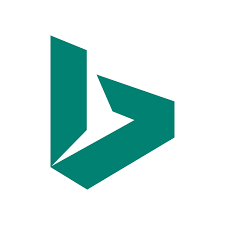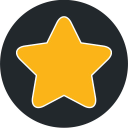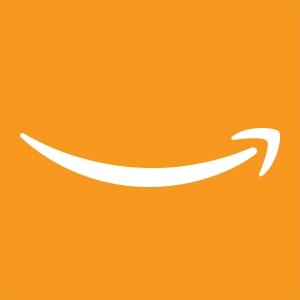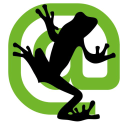How Our SEO & PPC Agency Is Aiming $2M/Year With 40 Retainer Clients
Hello! Who are you and what business did you start?
I’m Ben Dankiw, co-founder and CEO of NAV43. I run a technical digital marketing agency specializing in SEO, CRO, and PPC services. We help brands scale online.
While our services are pretty split in the agency we’re often most known for our SEO delivery. We have a wide range of customers across Ecommerce, Lead Generation, and even publisher sites, but we make our niche in brands looking to invest in scale in search.
We grew fast through word of mouth and success stories in our first year and averaged an MRR in the 6-figures.

What's your backstory and how did you come up with the idea?
I have a pretty wide range of passions ranging from sports (hockey and football) to fantasy (movies, dnd, novels) and nerding out online.









